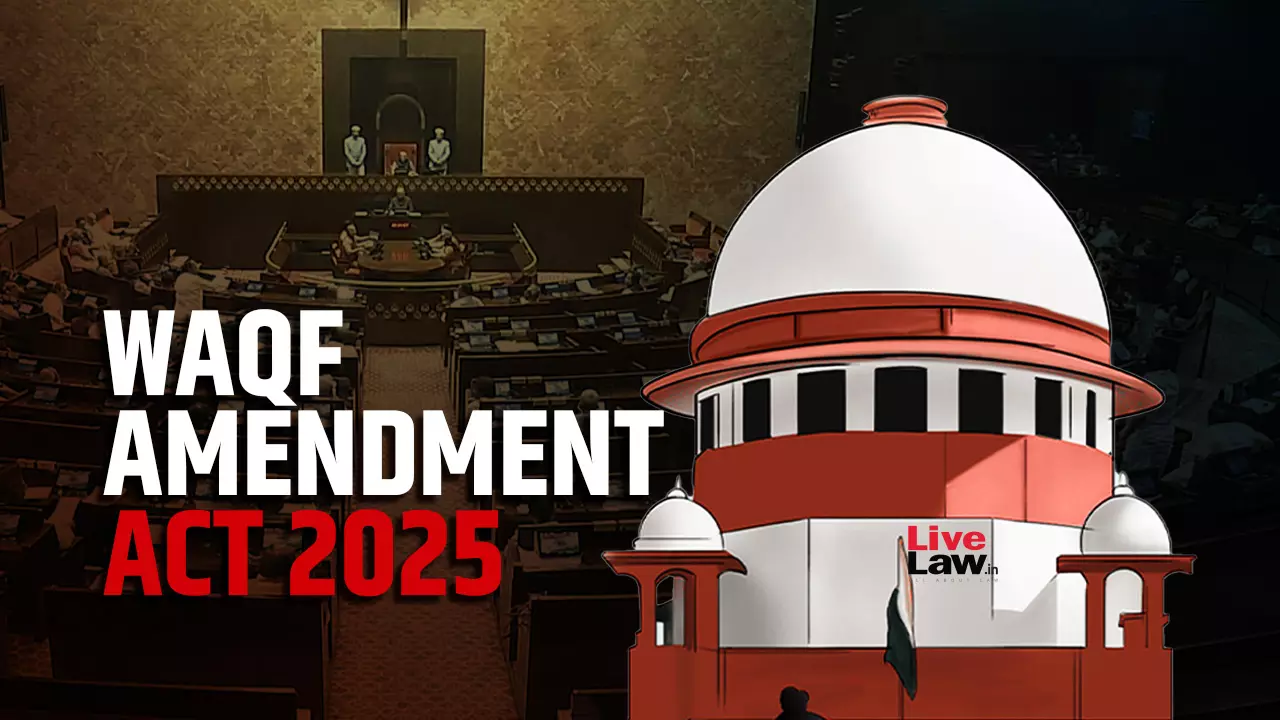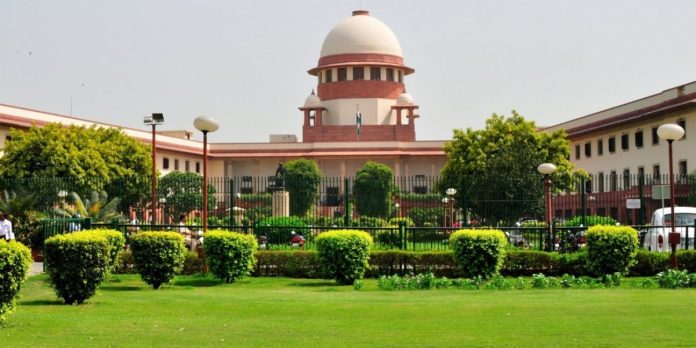- Not for nothing, it is considered in the Indian context that the Supreme Court is the last resort for anyone wishing to seek relief/justice/succour when all other available avenues are exhausted. It’s worth mentioning that the Apex Court has not only upheld the tenets of the Constitutional propriety in letter and in spirit but also has admirably exhibited tenacious tendencies to safeguard the rights of the people as guaranteed in the Constitution. Yes, the SC has been questioned often about the judicial overreach/activism by other arms of the Constitutional pillars. But far from it, the SC has ensured the rights of the ordinary people are not trampled and called the bluff whenever unconstitutional provisions crop up. Little wonder people trust SC implicitly.

PC: Live Law
- Despite the number of pending cases over the years and amounting to crores in numbers, people look up to the higher judiciary – read as SC – to deliver them justice. Thus, the recent limited intervention by SC in the waqf case also showcases smart judicial thinking and is most welcome. The SC stayed two contentious points that appeared at odds with the Constitution and personal rights, and placed a safeguard for the control of waqf boards. At the same time, by not staying the larger Waqf (Amendment) Act 2025, it has avoided accusations of judicial overreach. Acknowledging Parliament’s supremacy in legislative matters, it has said that laws should be presumed to be constitutionally sound, and intervention must occur only in the rarest cases.
![]()
PC: IIMT
- The new law, enacted in April, was meant to increase transparency and accountability in the administration of waqf properties. Data shows this is a genuine need because roughly five out of every eight such properties are disputed and encroached, or their legal status is unclear. However, giving DCs the last word on waqf property disputes was not the best way to go about this. SC stayed this provision, saying it violates the separation of judicial and executive powers: Collector cannot be permitted to adjudicate the rights of personal citizens. The law also lays down that a person making a waqf donation should have been a practicing Muslim for at least five years. This was strongly opposed by Muslim organizations and opposition parties on various grounds.

PC: The Hindustan Gazette
- SC stayed it because, without any mechanism, it will lead to an exercise of arbitrary power. It will remain in abeyance until states frame rules to determine compliance. Whether SC will deal with the larger point – is such a precondition legally sound – is an interesting question. The third concern that SC addressed in its order pertained to the space for non-Muslims in waqf bodies. The new law has opened the door for non-Muslim members, but SC has now capped their numbers at 4 out of 22 in the central council, and 3 out of 11 on state boards. This should allay fears of interference or a takeover of these boards by non-Muslims while petitions about the constitutionality of the waqf law itself are decided. That will take time, though.






